Birding and conservation groups call on Canada, U.S. to preserve boreal forest
Birding and conservation groups launched a campaign on last week calling on the Canadian and U.S. governments to preserve at least half of the boreal forest.
“The importance of boreal forest habitat for birds will only increase in the future; climate change has already begun pushing bird ranges further north, making the boreal forest an important refuge—a ‘Noah’s Ark’ for birds,” said Jeff Wells, senior scientist for the Boreal Songbird Initiative and International Boreal Conservation Campaign, said in a news release.
Besides preserving bird habitat, The Boreal Birds Need Half campaign is looking encourage sustainable development in the remaining areas. It also says industrial activities in the forest should take place only with consent from the affected indigenous communities.
Habitat threats
The boreal forest stretches from Alaska to the region of Labrador in Atlantic Canada. Billions of birds use the forest as their breeding ground.
But many of the 300 bird species that make their way to the forest each year are in decline, such as the Canada Warbler, mainly due to loss of habitat says the Boreal Songbird Initiative.
The campaign is currently endorsed by The Boreal Songbird Initiative, Ducks Unlimited, National Audubon Society, Bird Studies Canada, the Canadian Parks and Wilderness Society, the Cornell Lab of Ornithology, Environment for the Americas, Nature Canada, Nature Needs Half, Birdzilla, and Wild Bird Centers of America.
Campaign organizers hope businesses as well as individuals will sign on to endorse the campaign.
“When you see broad support from the scientific community, bird organizations, and everyday citizens, it makes a compelling case for increased boreal forest protection,” said Kevin Smith, national manager of boreal programs for Ducks Unlimited Canada in a news release. “In addition to protecting 50% of the boreal forest, sustainably managed development in the remaining areas will be essential to striking the right balance between ecological health and economically healthy communities.”
For more information on the campaign, click HERE
Related stories from around the North:
Canada: Fighting to protect bird habitat in North America’s boreal forest (SLIDESHOW), Eye on the Arctic
Finland: New measures to protect the Saimaa seal in Finland, Yle News
Iceland: Endangered whale meat shipped from Iceland via Halifax, The Canadian Press
Norway: Rapid growth in Svalbard walrus population, Barents Observer
Sweden: Sweden’s mountain hares changing fur color too early, Radio Sweden
United States: Chemical contaminants suspect in mystery of Alaska chickadee beak deformities, Alaska Dispatch News

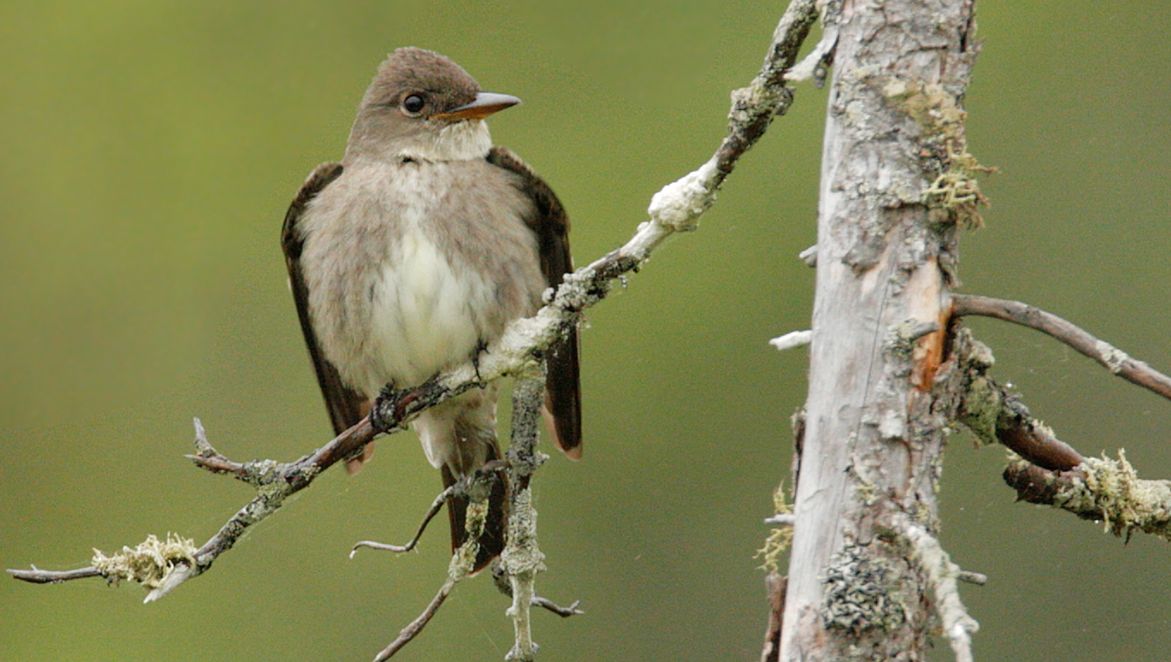
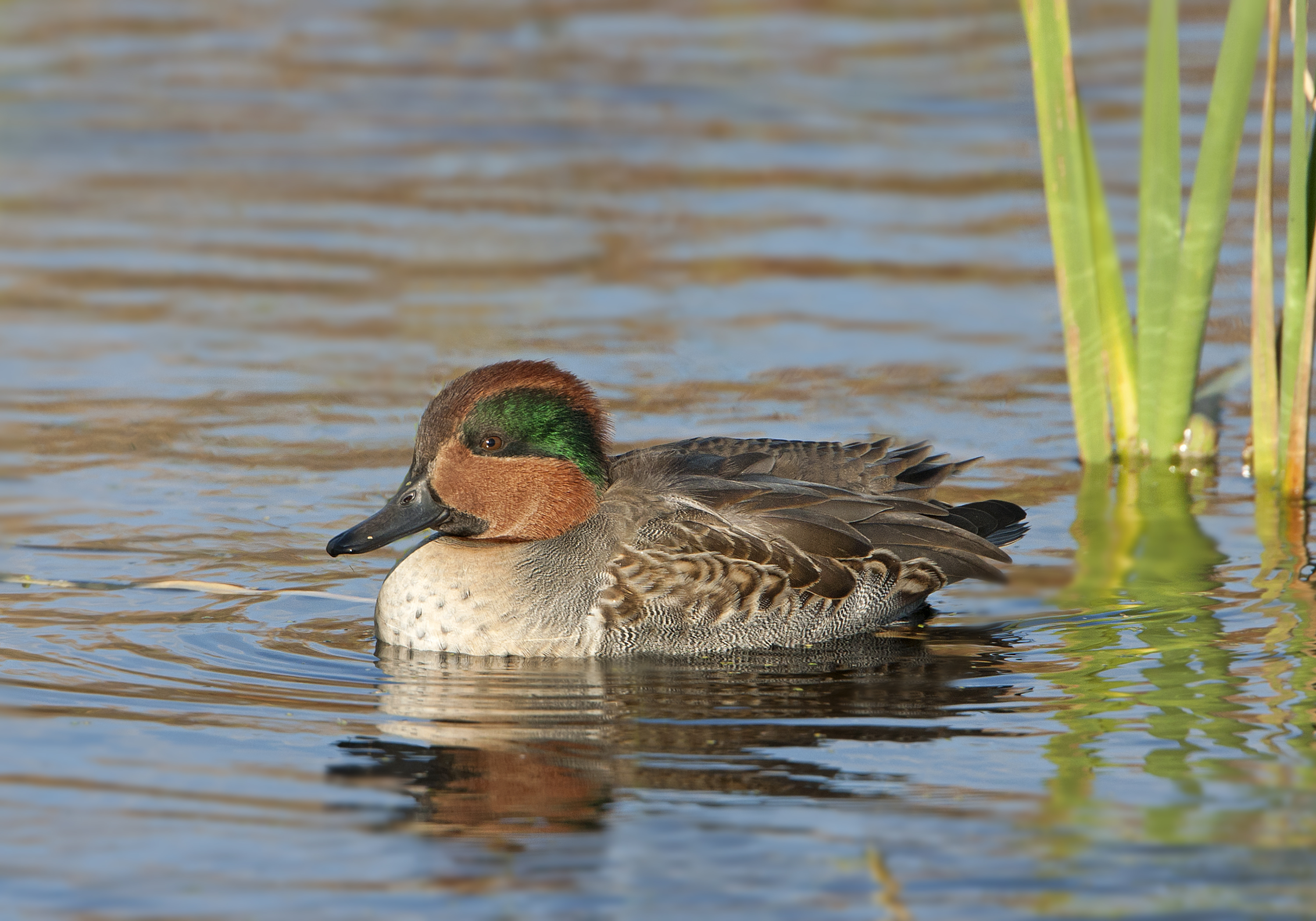
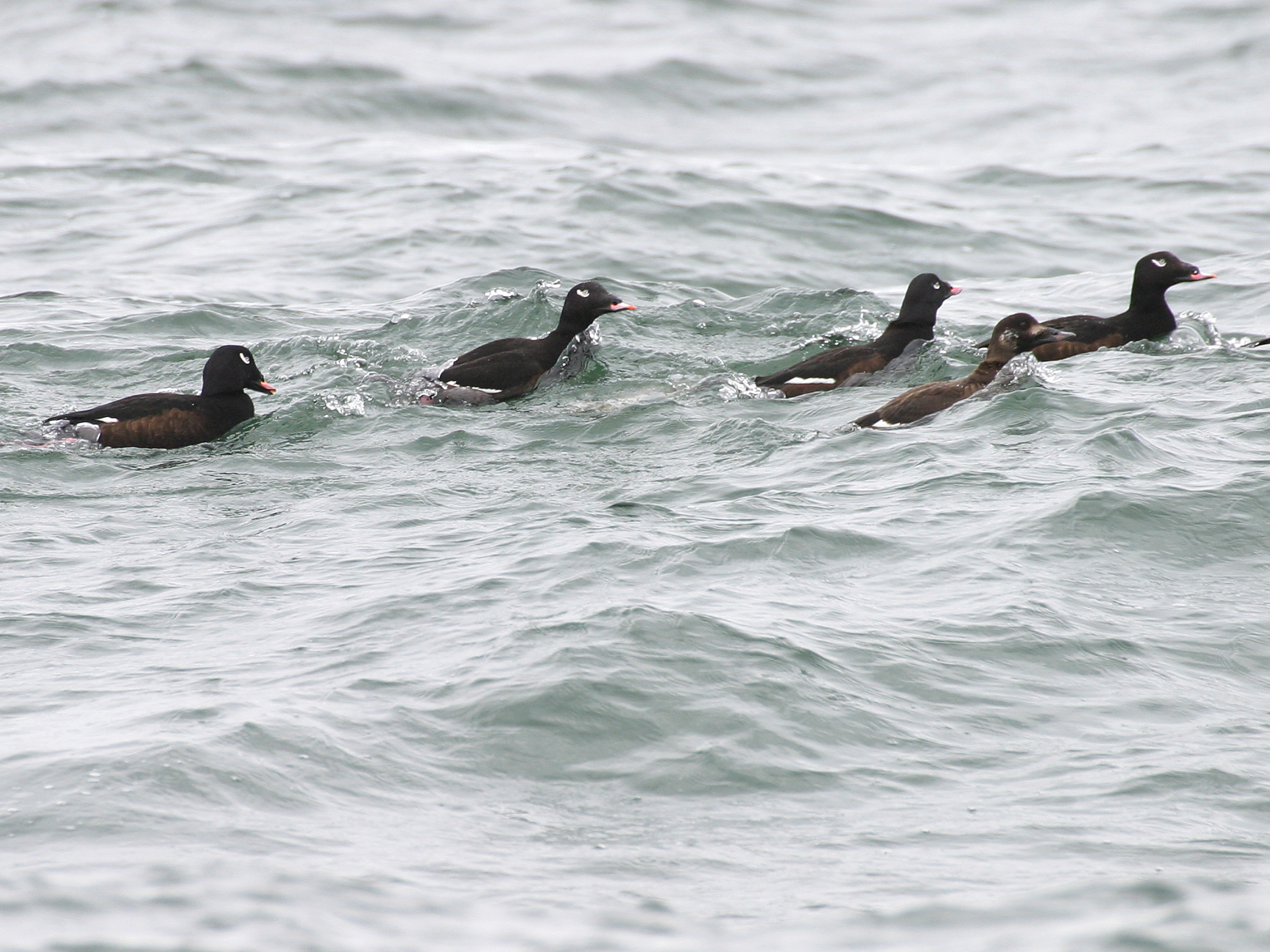
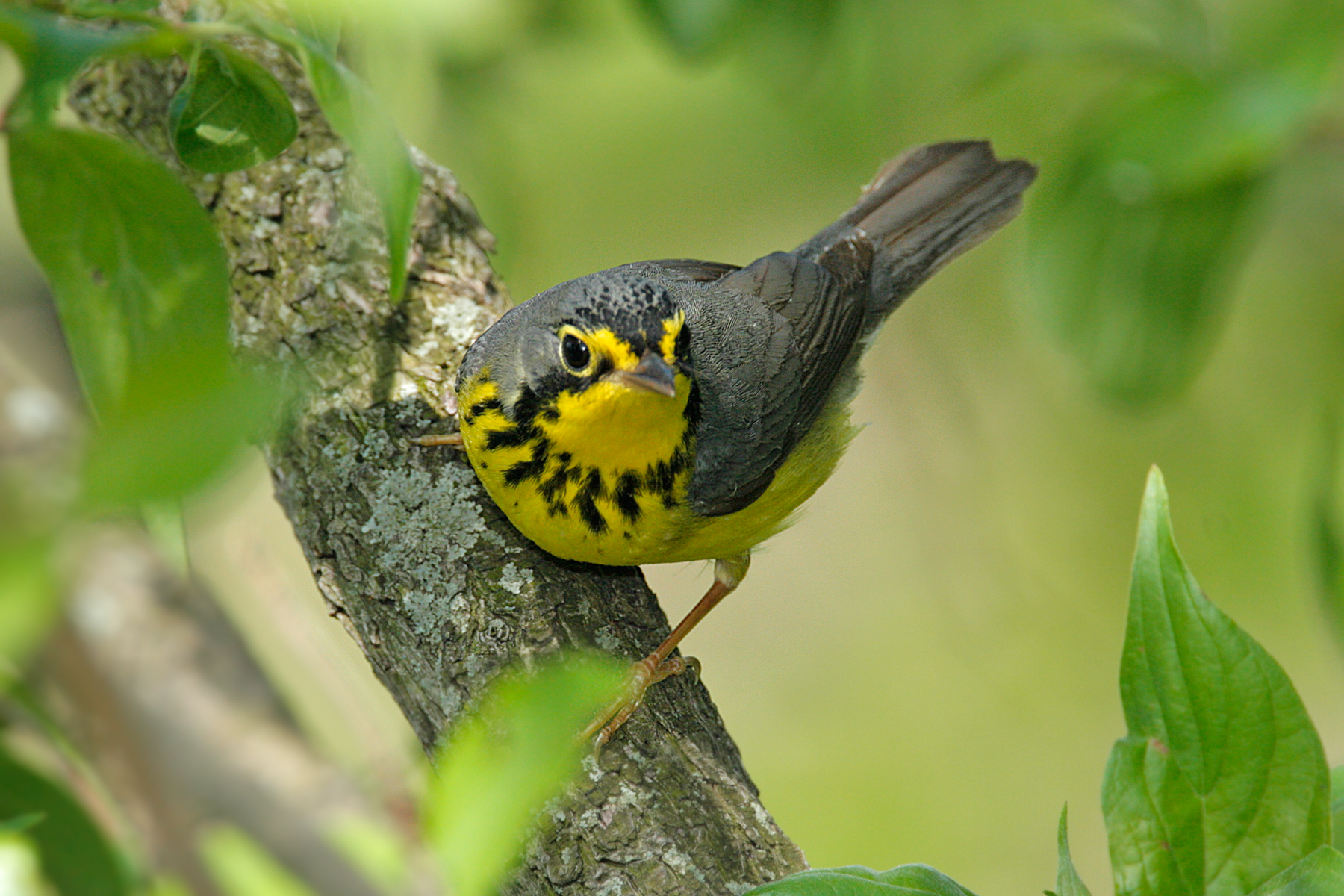
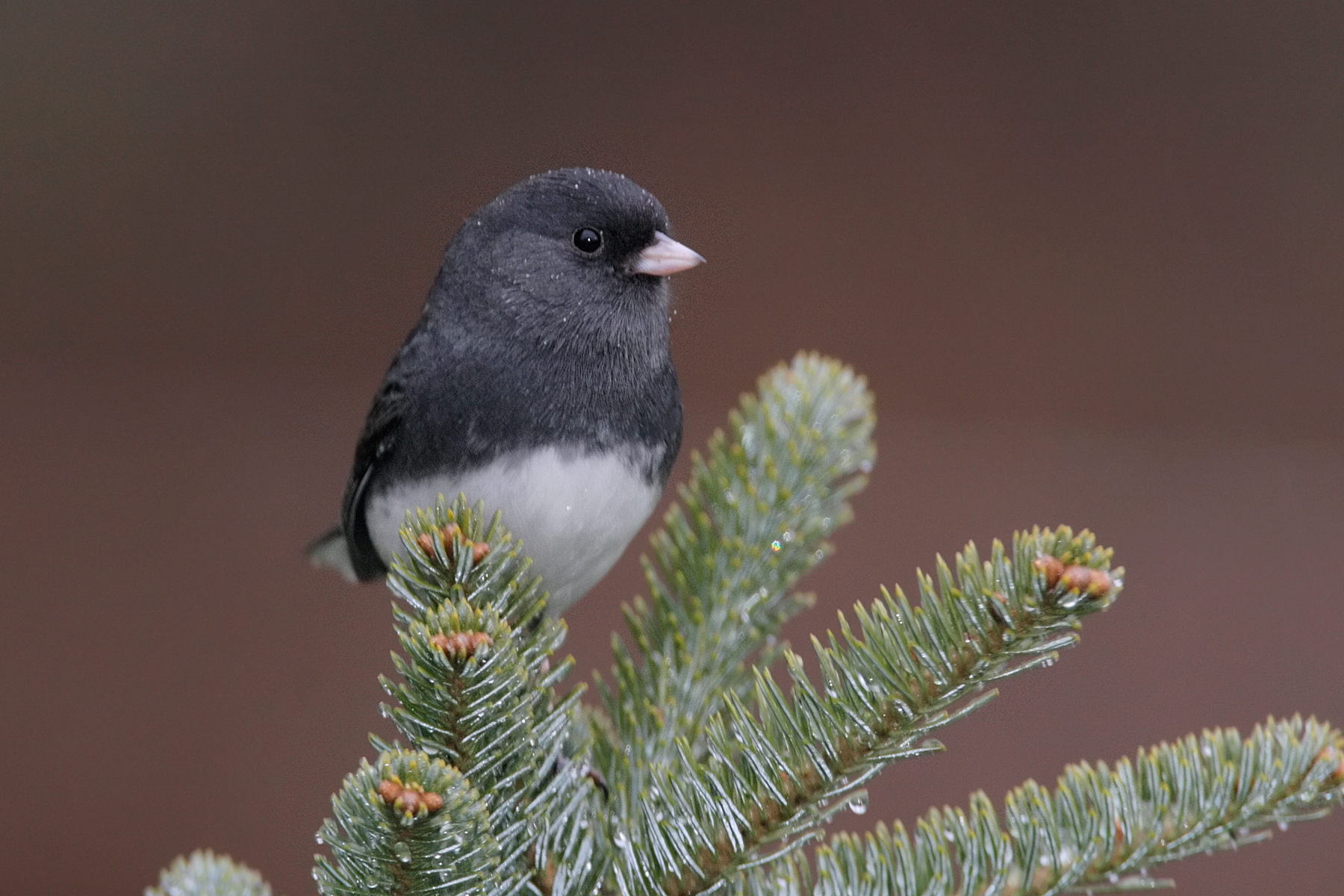
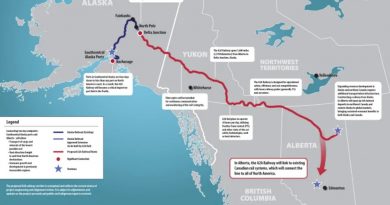


_________________________________
Arto Lauri 105. Radiaton pressure
https://www.youtube.com/watch?v=3SwP5zl1iVE
——————-
Arto Lauri 104. GRAVITON
https://www.youtube.com/watch?v=BtMdr11PA1I
———————–
T&T WATER 22.3.2015, Tapio Ikkala, 19: 08
UNITED NATIONS: the threat of water shortage over the next 15 years
The planet’s water reserves will be reduced by 40% in the next fifteen years, claims a new report by the United Nations. The increasing need for water is inspired by the industrial development, urbanization and population growth.
If the water in the sustainable management of resources, the socio-economic system in the world, nothing will plummet, the main author of the report, Richard Connor told Reuters.
2050 ‘s, two-thirds of the world’s population lives in cities, and water demand is expected to increase to 55%. For the most part, increasing demand comes from developing countries.
Many big cities in developing countries will grow uncontrollably, and not everyone in the country can be migrated to provide water supply. For example, only 34 percent of the homes in the Sahara to sub-Saharan Africa, is the water supply in the district, when this number was still 42% during the 1990s.
By 2050, the world’s food production to feed a growing population will need to grow by 60 percent. The food industry spends even now, a lot of water, and the United Nations, according to the calculations of the growth in food production will be quadrupled its water needs.
* Definitely the biggest industrial water, however, the destroyer is nuclear power. 1000MW reactor to kill 1 800L/s body in the waters. On the other hand, the entire southern hemisphere, by far the largest consumer of water is Australia’s huge uranium mines. The destruction of the water of the blind is one of the kärkisyy to seek out just nuclear power.
The report proposes significant investments in sustainable water resources management.
————
T&T VESI Tapio Ikkala, 22.3.2015, 19:08
YK: Vesipula uhkaa seuraavan 15 vuoden aikana
Maapallon vesivarannot vähentyvät – 40 prosenttia seuraavan viidentoista vuoden aikana, väittää YK:n uusi raportti. Kehityksen taustalla on teollisuuden lisääntyvä vedentarve, kaupungistuminen, sekä väestönkasvu.
Mikäli vesiresurssien kestävään hallintaan ei panosteta, maailman sosioekonominen järjestelmä tulee romahtamaan, raportin pääkirjoittaja Richard Connor kertoi Reutersille.
2050-luvulla kaksi kolmasosaa maailman väestöstä asuu kaupungeissa, ja veden kysynnän odotetaan kasvavan 55 prosenttia. Suurin osa lisääntyvästä kysynnästä tulee kehittyvistä maista.
Monet kehitysmaiden suurkaupungit kasvavat hallitsemattomasti, eikä kaikille maalta muuttaneille voida välttämättä tarjota vedenjakelua. Esimerkiksi Saharan eteläpuolisessa Afrikassa vain 34 prosenttia asunnoista on vedenjakelun piirissä, kun tämä luku oli vielä 1990-luvulla 42 prosenttia.
Vuoteen 2050 mennessä maailman ruoantuotannon täytyy kasvaa 60 prosenttia kasvavan väestön ruokkimiseksi. Elintarviketeollisuus kuluttaa jo nyt paljon vettä, ja YK:n laskelmien mukaan ruoantuotannon kasvu tulee nelinkertaistamaan sen vedentarpeen.
* Ehdottomasti suurin teollinen veden tuhoaja on kuitenkin ydinvoima. 1000MW reaktori tappaa 1 800L/s elinvedet. Kun toisaalta koko eteläisen pallonpuoliskon ylivoimaisesti suurin veden kuluttaja on Australian valtavat uraanikaivokset. Veden silmitön tuhoaminen on eräs kärkisyy pyrkiä pois juuri ydinvoimasta.
Raportissa ehdotetaan merkittäviä investointeja kestävään vesiresurssien hallintaan.
————